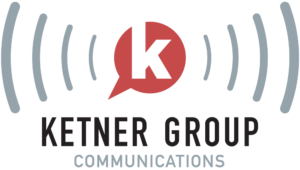After the New York Times released its exposé on the Wal-Mart bribery investigation in April 2012, a sum of $12 billion was erased from the grocery store’s market value. While the story had a significant impact on the market for Wal-Mart and Walmex, the New York Times deliberately released the story over the weekend to deter any accusations of insider trading or private access. This story gained widespread attention for its sensitive market information and prompted many discussions on the idea of selling early access to interested parties.
But this poses a controversial question: What is the purpose of a newspaper? Newspapers began as purely profit-making entities that sold any and all stories to generate revenue. A shift toward news motivated by public interest began in the 1960s and 70s due to events like Watergate that prompted newspapers to become public institutions that existed to uphold certain principles for the good of society. Today, public value of ever-present and instantaneous news has created an “entitled and expectant” environment for the print media industry that makes it difficult to implement any major frontrunner services without a substantial amount of backlash.
Critics say that offering market-moving information at a price to hedge funds and investors plays against public interest, but could there be a beneficial side to selling these facts at a fee? Publications like the Wall Street Journal and Dow Jones wire have begun to offer paid subscriptions for readers who wish to access market-moving information sooner than it is published in the newspaper or posted online. Some opponents think a move like this would be considered insider trading, while others say as long as there is no personal gain of the party disseminating the information, then it is completely legal. The court case of Dick vs. SEC 1983 established that a lack of personal benefit in trading eliminates the risk of insider trading. Neither the NYT nor Wal-Mart sources would have had any personal gain from releasing this story early to interested parties, therefore, both would be free from insider trading accusations.
Public interest vs. private access is a highly controversial issue that has only arisen in the last decade due to the detrimental financial blow the industry took with the introduction of instantaneous news on the Internet. A major New Orleans publication, The Times-Picayune, recently announced that it would be scaling back to a three day circulation on Wednesday, Friday and Sunday. This concrete example shows the devastating affects the economy has had on the print industry. Established newspapers like The Wall Street Journal, The New York Times and The Times-Picayune are struggling to find ways to make money in today’s media environment. The challenge to monetize content and produce a profit to keep the print media industry alive has sparked an increase in revenue-generating ploys throughout the business. Should the NYT implement a frontrunner service for early access to market-sensitive information? How do you suggest newspapers stay afloat in this economy? We’d love to hear your thoughts!

